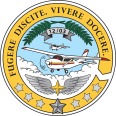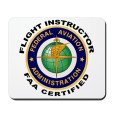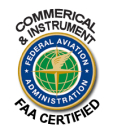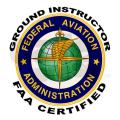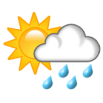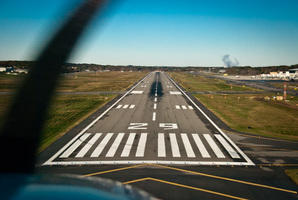Certficates & Ratings
-
Student Pilot: an individual who is learning to fly under the tutelage of a flight instructor and who is permitted to fly alone under specific, limited circumstances
-
Sport Pilot: an individual who is authorized to fly only Light-sport aircraft
-
Recreational Pilot: an individual who may fly aircraft of up to 180 horsepower and 4 seats in the daytime for pleasure only
-
Private Pilot: an individual who may fly for pleasure or personal business, generally without accepting compensation
-
Commercial Pilot: an individual who may, with some restrictions, fly for compensation or hire
-
Most pilot certificates and ratings require the applicant to pass a knowledge test, also called the written test. The knowledge test results are valid for a period of 2 years, and are usually a prerequisite for practical tests. Resources available to prepare for the knowledge test may be obtained from pilot supply stores or vendors. The exceptions where a knowledge exam is not required for a practical test are for some add-on ratings after the initial license, such as a powered aircraft pilot adding another category rating at the same license level.
-
To take knowledge tests for all pilot certificates and ratings, the applicant must have a sign-off from a ground or flight instructor. These are usually given by an instructor who has taught a ground school course, provided ground instruction or reviewed the applicant's self-study preparations.





